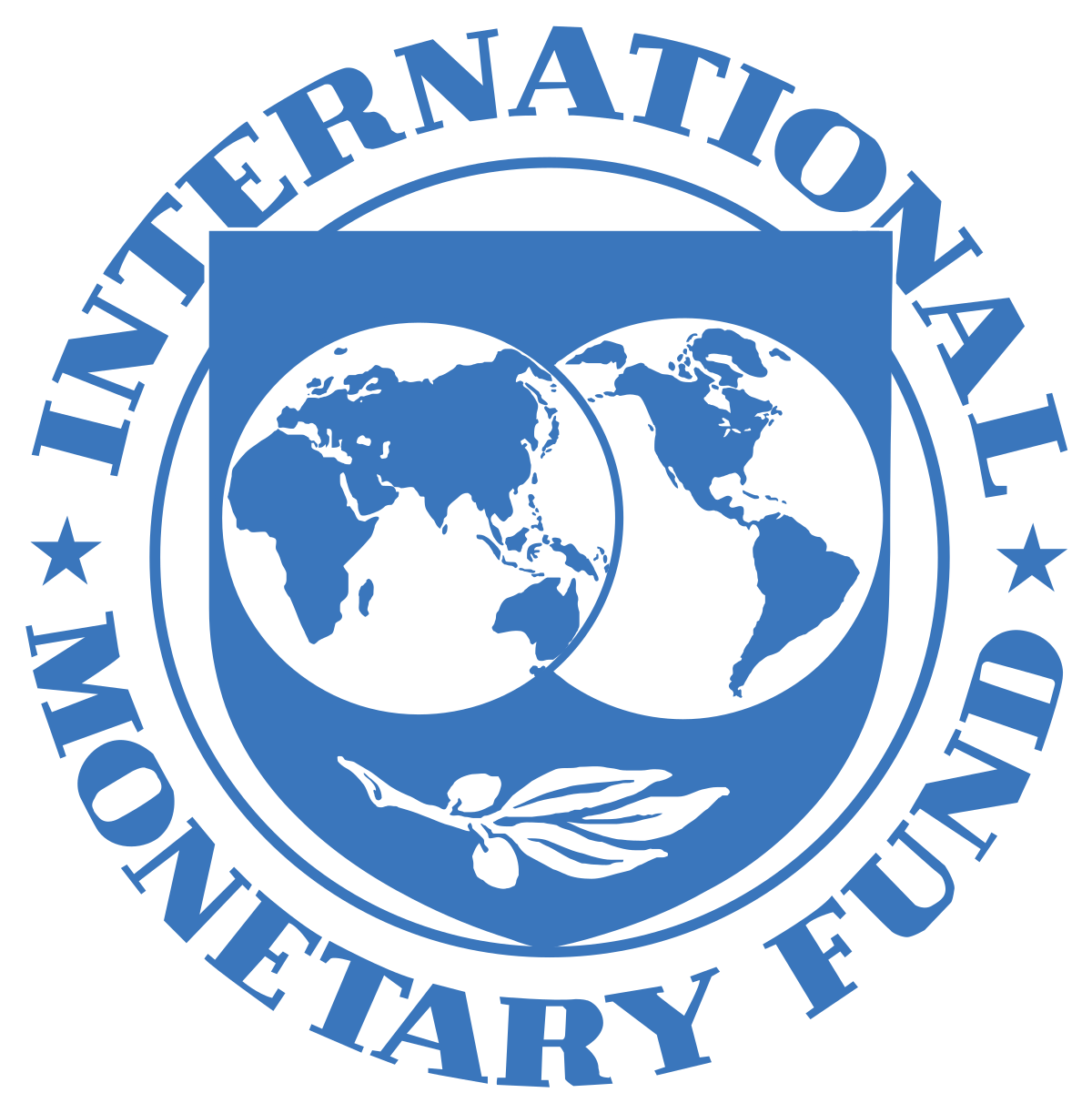
As Pakistan awaits its new Prime Minister the first and biggest challenge facing him will be the country’s economic challenges. While the economy has stabilised since Shehbaz Sharif was last prime minister yet the country is not out of danger.
In a column in Dawn, financial journalist and columnist Khurram Hussain points out, Pakistan has just gone “into a holding pattern, a temporary arresting of the slide towards catastrophe. For now, things are broadly on track. Targets for fiscal deficit, foreign exchange reserves, the current account deficit are more or less in line with where they are supposed to be, and the country has passed its last review relatively smoothly. There will be one more review right after the new PM and his team enter office. Chances are they will pass that too. And then comes the real test: the successor programme the new PM is going to have to get into right away. The current one was what its name suggests, a stand-by arrangement. It was designed to avert a catastrophic default. It was not designed to remedy the underlying problems that have been bringing the country to the edge of this default every year since 2022.”
According to Hussain, “prime minister will seek fiscal and foreign exchange space almost immediately upon landing in office. This means a customary visit to the Gulf partners, and perhaps another reach-out to the Chinese, although the latter have made clear the days of rescue lending are over. It is possible some sort of deal will be worked out through the offices of the Special Investment Facilitation Council, but it is unlikely that this deal will bring foreign exchange in quantities sufficient to satisfy the government’s requirements. More tiresome will be the fiscal question. Monetising our deficits is what brought us to the position we are in. For almost a quarter of a century now, successive governments have resorted to short bursts of money printing in order to pay their bills as elections approached. But since 2017, this practice has become a near-permanent state of affairs, with one short-lived pause running for a year starting July 2019. Little surprise that since 2017 the dollar has tripled in value against the rupee, and inflation has reached record highs and is refusing to come down. The new PM will not have resort to this traditional mechanism, especially given the heightened vigilance that the Fund programme will bring. Which means we will have very limited fiscal space in which to formulate the budget for FY25, an exercise which will begin almost immediately upon the entry of his team into their respective offices.”
Further, as Hussain notes, “Limited fiscal and foreign exchange space means the new PM will have very limited room to buy back the votes his party lost, especially along GT Road, which was their core constituency. Without the resources to deliver some of the promises made on the campaign trail, the new PM could be left to hobble along with a compromised mandate and a fractured economy. He will have to find a way to avoid this predicament. But how? There will be no time and no resources with which to buy back lost voters. All of his efforts are going to need to be directed towards the critical task of repairing the state’s financial health.”
Furthermore, as Hussain clarifies “This is separate from the economy’s requirements to grow and secure the prosperity of the common citizenry. The state’s dysfunctions have now grown to such proportions that it is difficult to see how any government can devote much energy to anything other than repairing these. There will be no proverbial honeymoon period. A cascade of rising energy prices is upon us. Power tariffs have doubled for all households since the caretaker government entered office. Gas tariffs have risen in two stages, with the last one seeing a 223pc hike, according to the Federation of Pakistan Chamber of Commerce and Industry. Most industry people now say they are preparing for closure by end of year latest. This is not a reversible position. The new PM will have little to no space in which to bring these tariffs down.”
In conclusion Hussain warns “A flood of high costs, industry grievances, inflation-afflicted voters, a moribund economy, weary creditors await the new PM. The room to deliver on any campaign promises will be severely constrained. It would be a good idea for him to manage expectations early, and tell the country in his inaugural address that healing is required, but that sometimes healing can be painful.”
![]()





